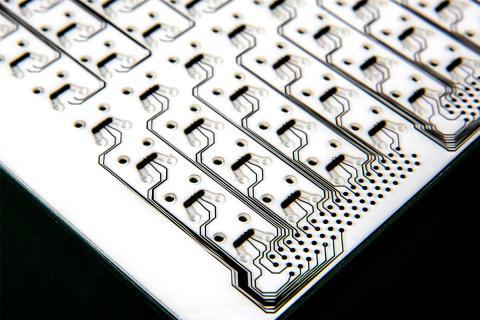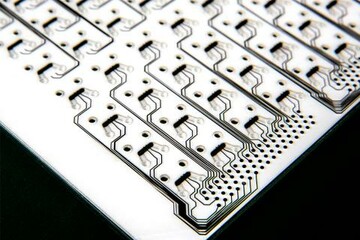Draper’s New Organ-on-Chip System Helps Drug Researchers Move Beyond Animal Testing
CAMBRIDGE, MA—One of the fast-growing areas of research in the pharmaceutical and life sciences sectors is the human organ system. Miniature organs grown in the lab serve as helpful test subjects because they act like human tissues, allowing researchers to measure tissue function more accurately and more quickly than in traditional preclinical models that rely on animal and artificial models.
Now Draper’s Human Organ System is applying the same principle to a large-scale drug discovery platform that can test 96 organ tissues at the same time. “Running hundreds of experiments at once with an adaptable high-throughput microfluidic platform enables you to reduce the risk and cost of drug-development,” said Joseph Charest, who directs the Human Organ Initiative at Draper. “Draper is developing a human organ system for drug discovery and development that could limit and eventually replace animal testing.”
The organ-on-chip platform, called PREDICT96, is run in an incubator using microsensors to measure the functions of cells directly and collect data in real time. With Draper’s HOS, researchers can observe neutrophils (a type of white blood cell) or other molecules penetrate cells and tissues in real time, indicative of an inflammatory response. Animal testing cannot show this due to its limited resolution.
David O’Dowd, associate director of biomedical solutions at Draper, describes the HOS effort as both humanizing and accelerating the drug discovery process. “Pharmaceutical companies can use Draper’s high throughput platform to test new drugs, yielding more-accurate results earlier and more cost-effectively than preclinical or clinical trials. This will allow pharmaceutical companies to rapidly focus their efforts on candidates that have a higher likelihood of success.”
Draper has modeled liver, kidney and other organs and is partnering with Pfizer and Colgate-Palmolive to develop configurations of its HOS system.
Released October 10, 2017

